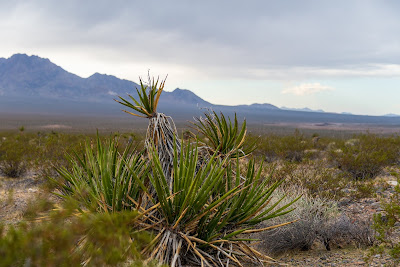Rooftop Solar Making Gains in Southwest
Secretary of Energy Steven Chu visited Phoenix on Tuesday to tout a rooftop solar leasing program that will ultimately enable up to 1,000 residents to install panels. The $25 million program, financed by the National Bank of Phoenix, is the second phase since the first round attracted over 400 interested residents. Solar leasing is not as ideal as self-financed installations that could be possible through Property Assessed Clean Energy or feed-in-tariffs, but does achieve a reduction of fossil fuel emissions, and savings on energy bills. Best of all, no desert is destroyed to install solar on rooftops or in other places in our cities!
Next week, the California Public Utilities Commission is set to decide on whether or not to essentially raise the number of utility customers that can benefit from net metering, where rooftop solar owners are credited for energy they generate. The vote by the commissioners will be held on 24 May, and one commissioner has already recommended approval. If approved, the increase would basically allow for an additional 2,000 megawatts of rooftop solar (that's nearly enough to replace four Reid Gardner coal power plants). That is on top of the over 1,000 megawatts of rooftop solar already installed in California. This should not be considered the final increase, and rooftop solar advocates will push for more net metering capacity in the future, but utility companies are lobbying to keep the cap low since rooftop solar essentially undermines their business model. Utility companies prefer to buy power from central power stations (like BrightSource's Ivanpah Solar project), and ship the energy over long, expensive transmission lines to your home. If you are generating your own energy, they're losing business.
Next week, the California Public Utilities Commission is set to decide on whether or not to essentially raise the number of utility customers that can benefit from net metering, where rooftop solar owners are credited for energy they generate. The vote by the commissioners will be held on 24 May, and one commissioner has already recommended approval. If approved, the increase would basically allow for an additional 2,000 megawatts of rooftop solar (that's nearly enough to replace four Reid Gardner coal power plants). That is on top of the over 1,000 megawatts of rooftop solar already installed in California. This should not be considered the final increase, and rooftop solar advocates will push for more net metering capacity in the future, but utility companies are lobbying to keep the cap low since rooftop solar essentially undermines their business model. Utility companies prefer to buy power from central power stations (like BrightSource's Ivanpah Solar project), and ship the energy over long, expensive transmission lines to your home. If you are generating your own energy, they're losing business.


Comments
Post a Comment